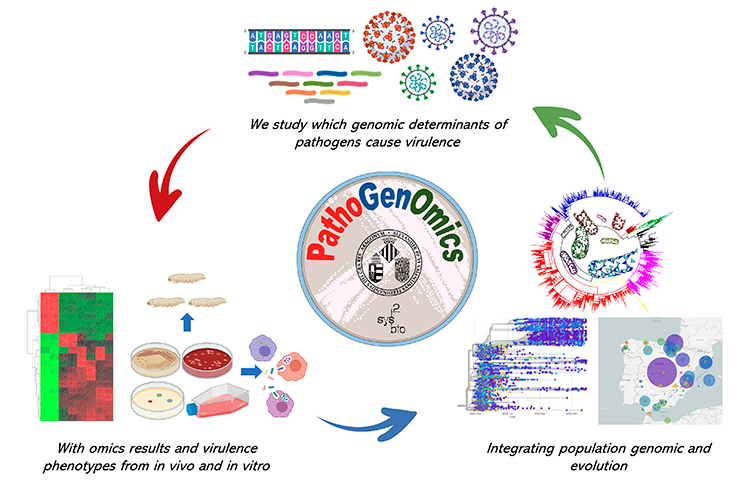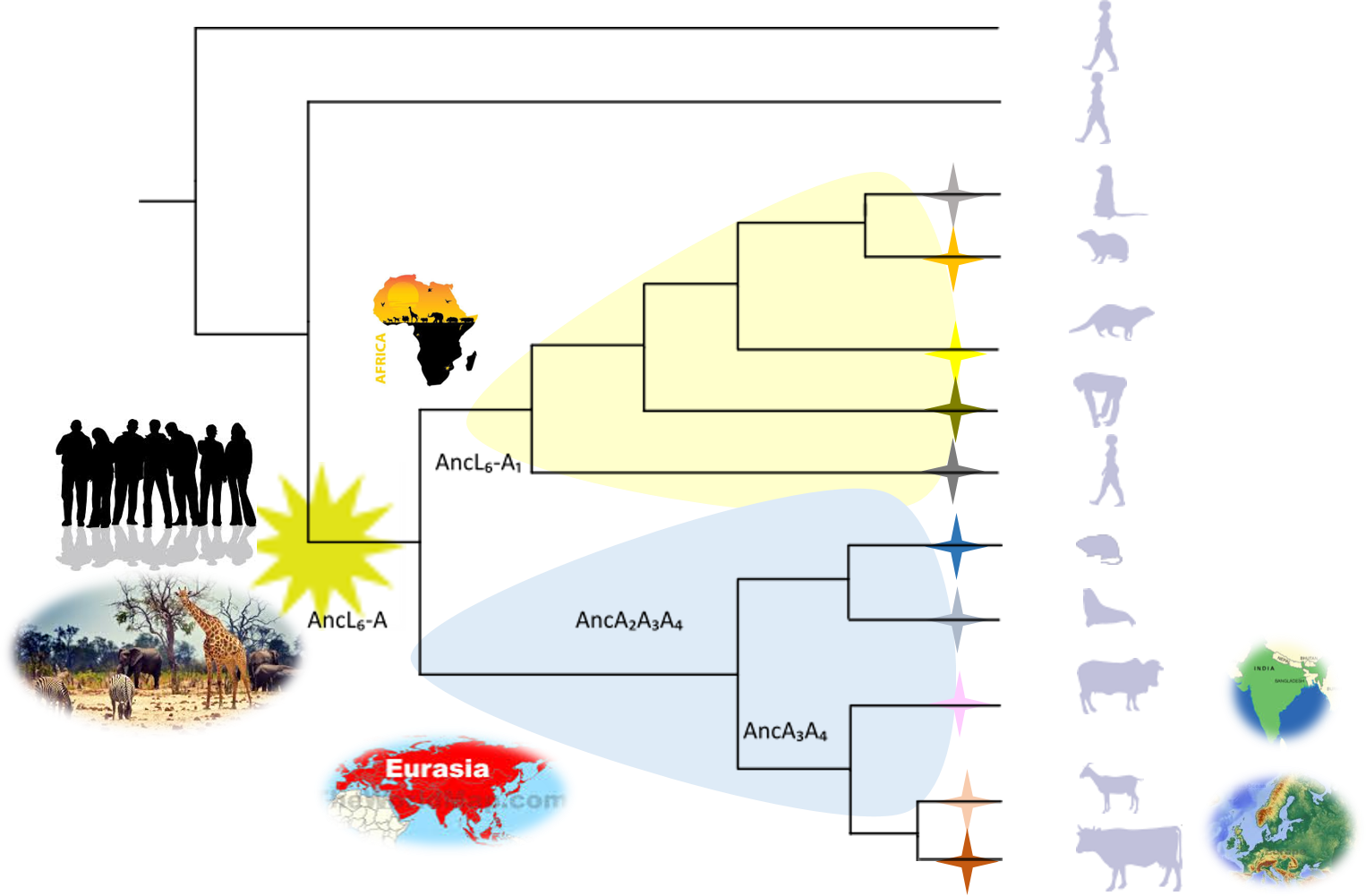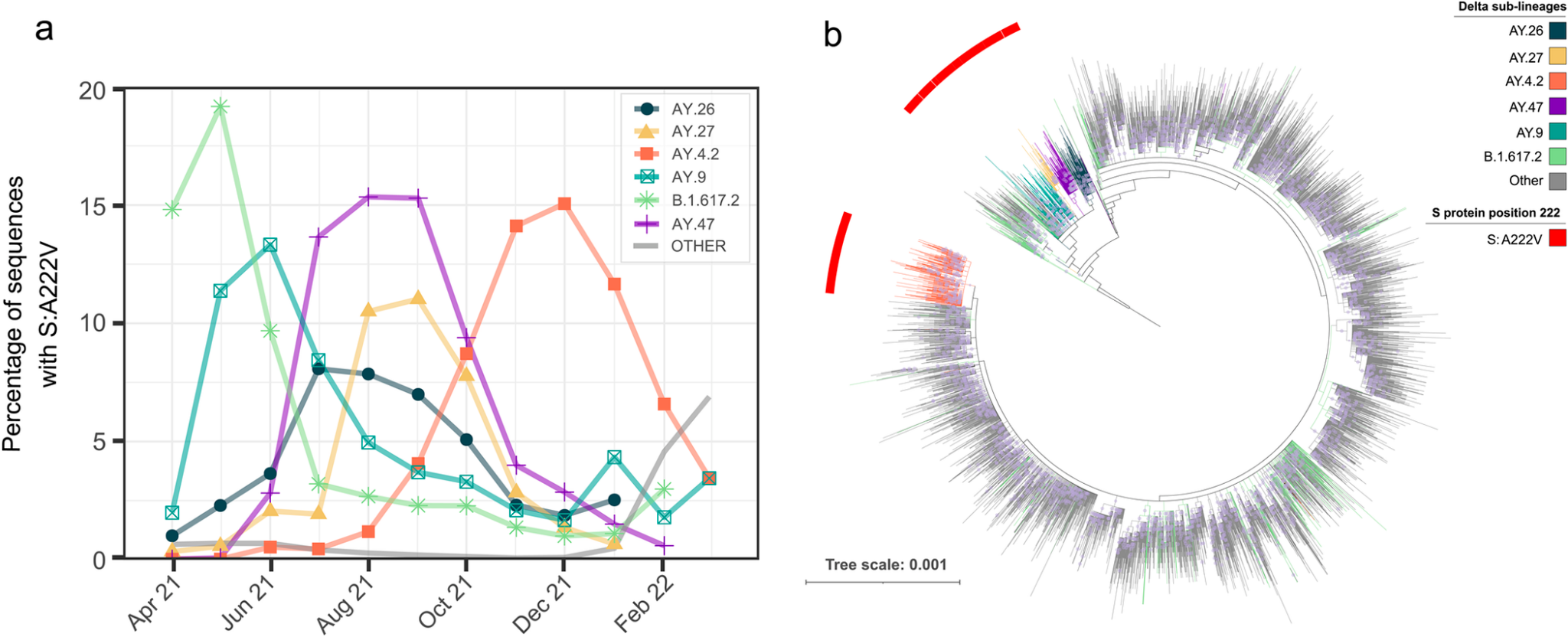We study microbial pathogens of relevance in global public health in the context of their host and disease integrating omics data from an evolutionary perspective. Our main goal is to understand the basis of virulence in a given host, for a better understanding of the virulence of the pathogen. Our research addresses the two most deadliest pathogens worldwide: Mycobacterium tuberculosis and SARS-CoV-2.

Genomic determinants of pathogens host specificity
Although virulence is a characteristic of pathogens, it occurs only in susceptible individuals, therefore, knowing pathogen-host interaction is key to revealing virulence determinants. Our research proposal aims to investigate the virulence of M. tuberculosis in the context of host-pathogen compatibility using omics technologies. Our aim is to reveal the role of compatibility between different groups of disease-causing bacteria and their respective hosts in predicting the transmission potential and virulence of certain associations.

Genomic epidemiology and evolution
Because a pathogen's success depends ultimately on epidemiological transmission, one of our key research areas is genomic epidemiology and evolution of pathogens. Certain genetic traits may make a pathogen more virulent or able to evade the host's immune system, increasing its chances of successful transmission. We aim to correlate genomic determinants of the pathogen to highly transmissible phenotypes. For that, we study the genomic diversity and evolutionary dynamics of pathogens at different scales, from within individual host, to local outbreak and global dynamics. In this line, we are currently focusing on M. tuberculosis and SARS-CoV-2, but collaborating in brucella and Legionella pneumophila.













